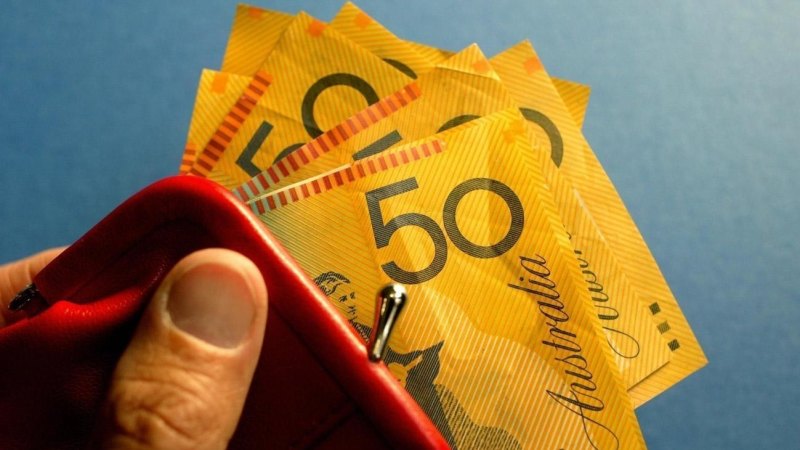Save articles for later
Add articles to your saved list and come back to them any time.
Electricity retailers are failing to reward millions of their loyal customers and are instead prioritising growing their businesses, charging more for existing contracts and offering discounts worth hundreds of dollars only for new deals.
The Australian Competition and Consumer Commission (ACCC) found that four out of five households (79 per cent) were paying equal to or more than the median price point, when it looked at five million standard flat-rate retail contracts across the east coast.
Customers signing new contracts with electricity retailers can save hundreds of dollars, the consumer watchdog says.Credit: Gabriele Charotte
ACCC commissioner Anna Brakey said this finding, from the report released on Friday from the ongoing inquiry into the national electricity market, showed that millions of households would save money by changing their electricity plan.
The report compared prices for customers on existing contracts to those who signed a new contract with a retailer, as found on government comparison websites.
“Electricity retailers offer cheaper plans to attract new customers, but over time we observe these plans becoming relatively more expensive, so many loyal customers will be paying more than they need to be,” Brakey said.
As fossil fuel prices soar, annual electricity bills rose by $352 in Victoria at the start of July, and $435 in NSW.
The federal budget in May offered rebates worth $500 to 5 million financially vulnerable households and small businesses, while the Victorian government chipped in with rebates worth $250, and NSW $180.
But the government declined to repeat the rebates in the mid-year budget update, despite advocacy groups warning that struggling customers needed another round of power bill relief before the end of the year.
The average NSW residential customer is paying $510 for the current quarter, and the average Victorian customer is paying $410.
Household customers in NSW on plans equal to the Default Market Offer could save 15 per cent, or $68 dollars, on their quarterly bill if they shop around for a better deal.
In Victoria, households who do the same could save 20 per cent, or $78 a quarter.
The ACCC’s report said many customers faced literacy or language barriers that make it hard to understand increasingly complicated electricity deals.
“The cost-of-living pressures are very real, electricity is a significant household expenditure. We do not want customers paying more than they need to,” Brakey said.
However, margins for electricity retailers are shrinking. The average residential bill is $2000 a year. The ACCC found that retail margins declined from a peak of $154 per residential customer in 2016–17 to a low of $34 per residential customer in 2022–23, in real terms.
The Australian Energy Council, a peak body that represents major electricity retailers, said the energy market is designed to create opportunities for customers to shop around for retail offers.
“Removing these opportunities would see the majority of customers currently paying less than the default offers paying more,” said the council’s chief executive Sarah McNamara.
Customers can compare shop for better deals on Energy Made Easy in NSW and Victorian Energy Compare.
Cut through the noise of federal politics with news, views and expert analysis. Subscribers can sign up to our weekly Inside Politics newsletter.
Most Viewed in Politics
From our partners
Source: Read Full Article



